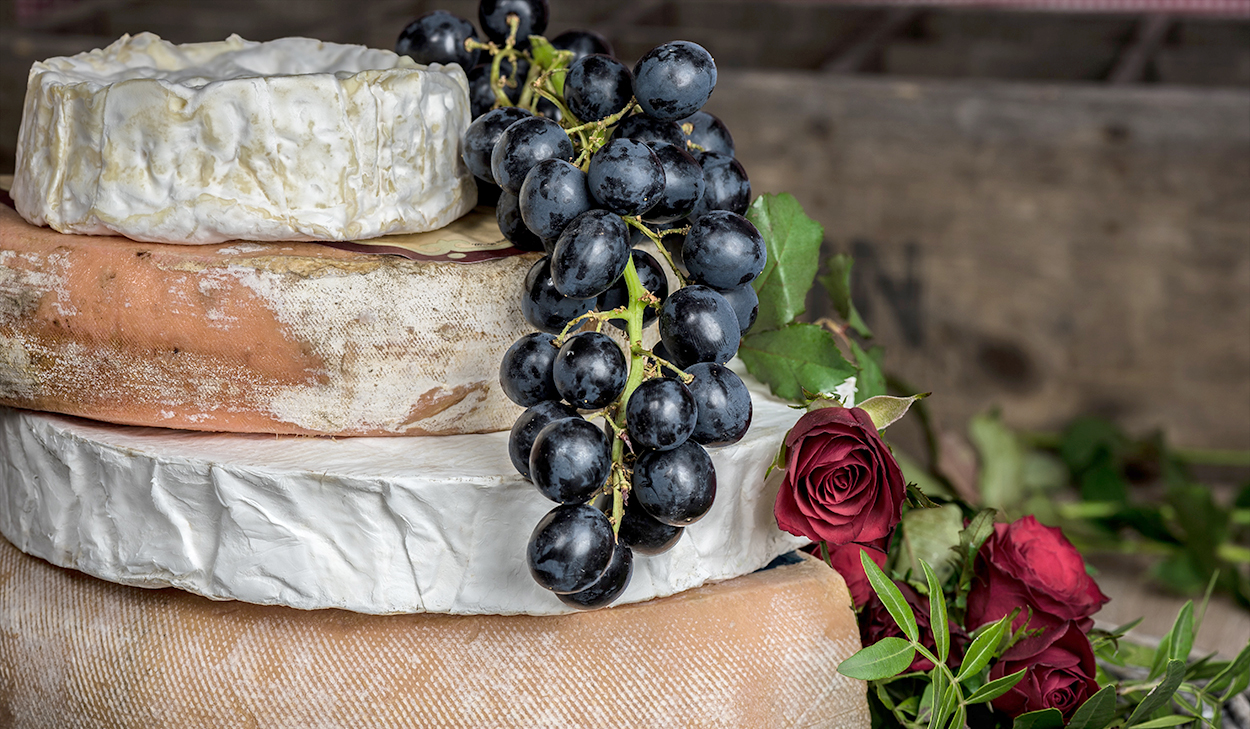
Seven weeks after the second night of Passover, Jews celebrate a festival called Shavuot, which means “weeks” in Hebrew. In Jewish tradition, Shavuot commemorates God giving Moses the Torah on Mount Sinai and David’s death (since he is believed to have died on Shavuot).
Shavuot is described in the Bible as the Festival (or Feast) of Weeks. Because this holiday is steeped in biblical history, understanding its background can help spur gospel conversations with Jewish friends.
Shavuot
Shavuot takes place either in late May or early June, the time of year when the grain harvest would begin. In ancient Israel, Jews would bring grain offerings—especially the firstfruits—to the Temple in Jerusalem to thank God for the harvest.
Shavuot is one of three pilgrimage festivals in ancient Jerusalem with the other two being Passover and Sukkot (also known as the Festival of Booths). With each pilgrimage, Jewish males were required to visit the Temple and bring grain offerings to the Lord. Since the destruction of the Second Temple in Jerusalem, these pilgrimages are mainly observed in local synagogues.
Because Shavuot was originally an agricultural festival, Jews will often decorate their homes and synagogues with flowers or greenery during the holiday.
Today, Jews also remember God revealing the law on Mount Sinai and King David during Shavuot.
While the Israelites were enslaved by the Egyptians, they had reached a societal and spiritual low. Then, God delivered the Israelites out of Egypt, and they traveled for seven weeks to reach Mount Sinai. Moses ascended the mountain, where God revealed the law and confirmed His covenant with Israel. This reestablished the Israelites as God’s blessed people, just seven weeks after they were slaves to the Egyptians. Jews count the seven weeks leading up to Shavuot in remembrance of the journey to Mount Sinai.
Jews will often stay up all night studying the Torah to symbolically prepare for receiving the wisdom of the Torah. They also go to synagogues to hear the reading of the Ten Commandments.
King David is also believed to have died on Shavuot. To honor him, some communities will read from the book of Ruth, as Ruth was one of David’s descendants. This tradition is popular among those who choose to be Jewish rather than are born into Judaism as Ruth chose to follow God instead of the beliefs of her people.
It is also customary to eat dairy products while celebrating Shavuot. This could be because the Torah is seen as spiritual milk that nourishes the soul or because springtime is when newborn animals drink their mothers’ milk. Traditional dishes include cheeses, quiches, and casseroles.
Gospel Opportunity
Shavuot has significance in both Judaism and Christianity. Jews count seven weeks—49 days—leading up to Shavuot. On the 50th day, they celebrate Shavuot. This holiday is sometimes referred to as the Greek word for 50, which is Pentecost.
Christians will recognize Pentecost from Acts 2, when God filled the disciples with the Holy Spirit. This happened on the first day of Shavuot, and Jews from many nations had made the pilgrimage to Jerusalem (Acts 2:5). As the disciples spoke in tongues, Jews from various nations were shocked that they could understand what they were saying in their native languages.
This provided Peter the opportunity to address the crowds, discuss the death of David, and tie it back to Jesus.
“‘Fellow Israelites, I can tell you confidently that the patriarch David died and was buried, and his tomb is here to this day. But he was a prophet and knew that God had promised him on oath that he would place one of his descendants on his throne. Seeing what was to come, he spoke of the resurrection of the Messiah, that he was not abandoned to the realm of the dead, nor did his body see decay. God has raised this Jesus to life, and we are all witnesses of it. Exalted to the right hand of God, he has received from the Father the promised Holy Spirit and has poured out what you now see and hear.’” -Acts 2:29-33
That day, 3,000 people decided to follow Jesus.
When you talk to Jewish friends about Shavuot, ask them why the holiday is significant to them. Then ask if you can share why it is significant to you, too. They may be surprised to learn that this day is also important in the Christian faith. Share what Peter shared with the crowds and how David—while an important figure in the faith—was a harbinger for the Messiah to come.
“‘Therefore let all Israel be assured of this: God has made this Jesus, whom you crucified, both Lord and Messiah.’” -Acts 2:36
Learn more about sharing the gospel with Jews.